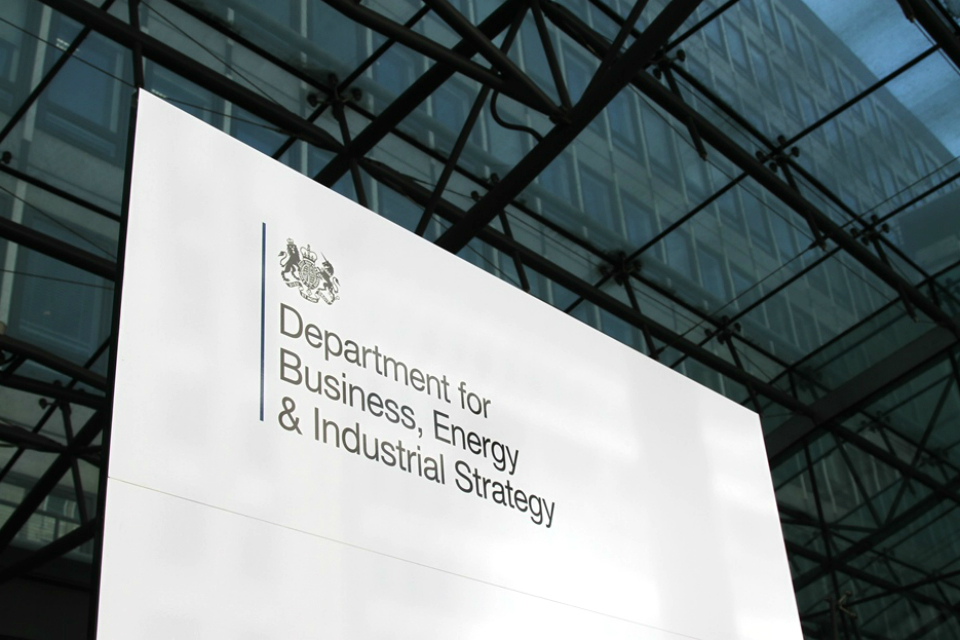"Printing money" generally leads to an increase in equities and capital appreciation with the hope that there will be a trickle down into the consumer economy and the pockets of average citizens. The actual result has been a massive increase in inequality and an appreciation of capital assets which had further disenfranchised the non property owning middle classes.
Is there a better way of injecting money into an economy?
Wage increases last forever and are skewed towards those on higher incomes. Would it be better to copy the Americans and give cash to everyone?
Should we introduce a wealth tax which actually taxes wealth; pensions and property or is this beyond Ireland and other small nations?
We now have an increasing concentration of wealth among older people and increasing levels of inter-generational wealth. That's great if, like me, you are on the right side of that divide but it's not fair or just and it certainly won't help societal cohesion.
Is there a better way of injecting money into an economy?
Wage increases last forever and are skewed towards those on higher incomes. Would it be better to copy the Americans and give cash to everyone?
Should we introduce a wealth tax which actually taxes wealth; pensions and property or is this beyond Ireland and other small nations?
We now have an increasing concentration of wealth among older people and increasing levels of inter-generational wealth. That's great if, like me, you are on the right side of that divide but it's not fair or just and it certainly won't help societal cohesion.

